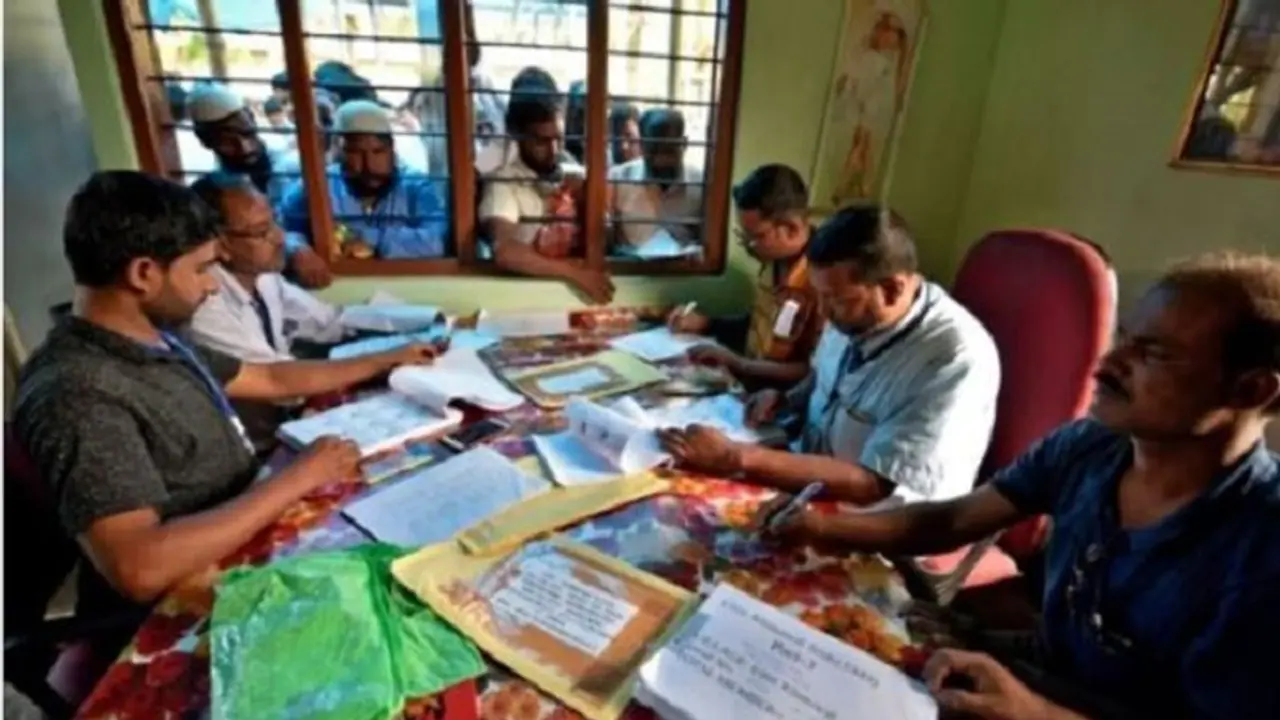What’s NPR? How different is it from the NCR? Are the two connected? Is NPR necessary and how does it benefit the government and the people? Let us break it all down for you.
The decision by the Union Cabinet which approved over Rs 3,900 crore for a National Population Register (NPR) has invited criticism from the Opposition. The Opposition was quick to say that the NPR is the first step towards the National Register of Citizens or NRC.
Union home minister Amit Shah made it clear that the NPR is not going to be used for the NRC. There is no connection between the two processes and it cannot be used in each other’s survey, Shah also said.
Setting the record straight:
The NPR is only a list of usual residents of the country. The usual resident is the one who has been residing in a local area for at least 6 months. The usual resident is also one who intends to stay in a particular location for the next six months. This means that the NPR would cover both Indians and foreigners and this would be used to create a comprehensive identity database.
Further the NPR is directly linked to the census of 2011 which was completed in 2010 and an update to the same was made in 2015. The Cabinet decided that the updation this time would be conducted between April and September 2020.
The government made it clear that some of the data that would need to be entered would be the names of the parents, nationality, last place of residence, PAN, data and place of birth, passport number (if Indian citizen), driving licence number, voter ID card number and Aadhaar (voluntary).
It was also made clear that no biometrics data would be collected and the data would be collected through an app, thus making the process faster.
The benefits of NPR:
Further it has also been made clear that the NPR is only a repeat of the exercise that was carried out by the UPA in 2010. The NPR is only an exercise carried out to help in evidence based policy making.
The first such project dates back to the UPA regime and it was set in motion by the then home minister P Chidambaram in 2009. As it clashed with Aadhaar, the home ministry felt it would be best to push NPR as it connected every recorded resident to a household through a census.
A home ministry official told MyNation that the objective is to create a credible register of every family and individual living in India. This would also help in strengthening security and would also ensure targeting beneficiaries under the various schemes of the Central Government.
Further the NPR exercise will also help in cutting red tape. It has been found that there are several persons who have different dates of birth on different government documents. The NPR would eliminate that. The official also explained that with NPR residents would not need to furnish various age proofs, addresses and other details during official work. The duplication in the voter list would also be eliminated and all the information collected will be confidential, the officer also explained.
Is NPR a step towards NRC:
The NRC includes only Indians and it seeks to identify and also exclude non Indian citizens. The government has made it clear that the NPR is a population register while the NRC is a citizen register.
As per the Census Act of 1948, it is mandatory that strict secrecy is maintained about an individual’s record. This means that the records cannot be open to inspection and would also not be admissible as evidence. The data can be used only for statistical purposes.
This would also mean that the NPR data cannot be used as evidence during any civil or criminal proceedings. The only time it could be used is during a prosecution under the Census Act itself.
This would mean that the data cannot be used to identify illegal migrants. Further it cannot be used to initiate proceedings against the illegal immigrants. To sum it up, this data cannot be used in an NRC exercise.
Can states refuse NPR:
The local register of Indian citizens shall contain details of persons after due verification made from the population register, says the Citizenship (Registration of Citizens and Issue of National Identity Cards). The rules were notified during the UPA era.
Under the rules, the people as well as the state government are obligated to implement the NPR. This would mean that states such as Kerala and West Bengal, which have been opposing it cannot refuse to carry out an NPR.
Further, the states under Section 4A of the Census Act and Rule 5 of the Citizenship (Registration of Citizens and Issue of National Identity Cards) Rules 2003 are mandated to help furnish this data.
